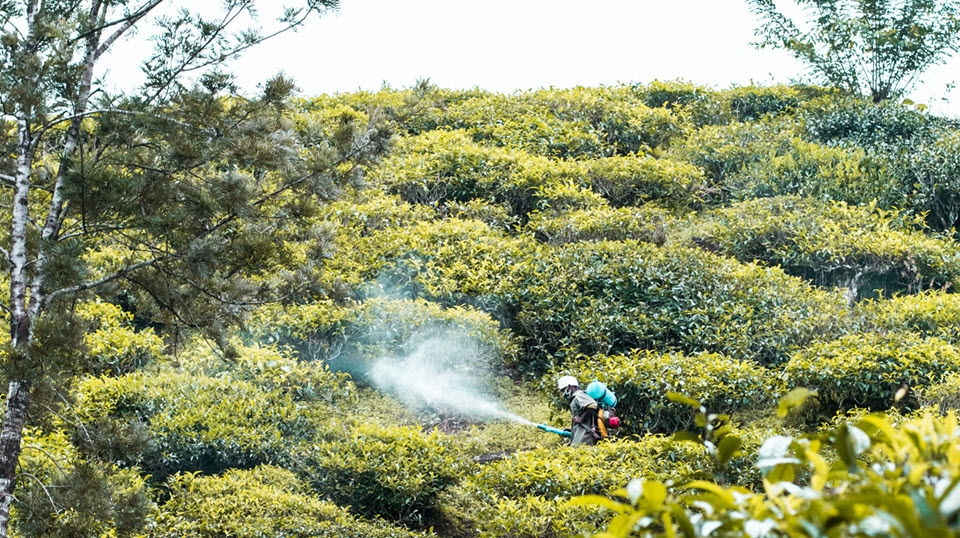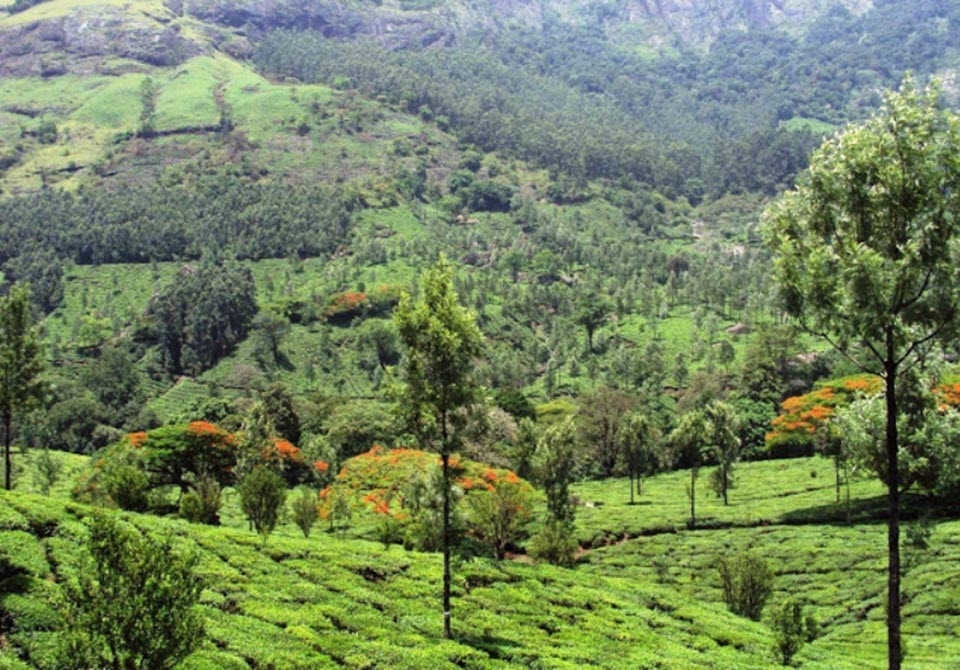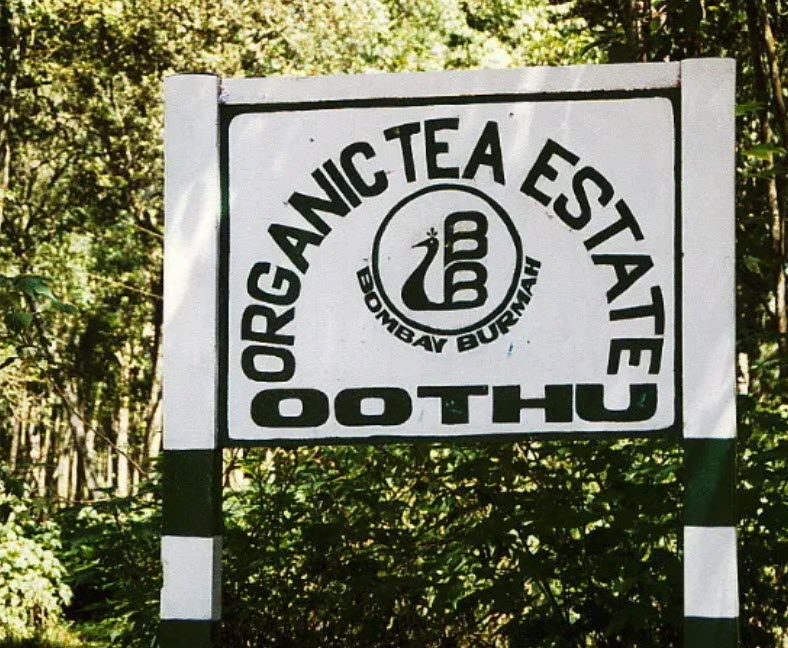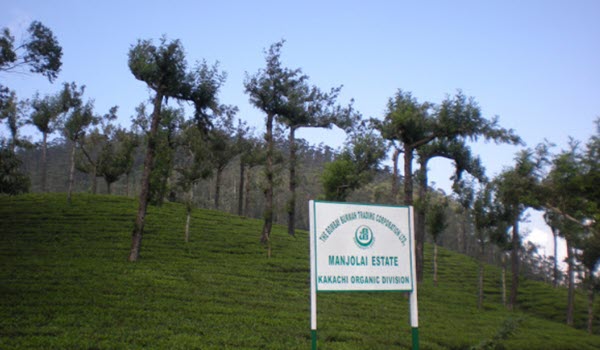By Aravinda Anantharaman | Managing Editor
India Tea News for the week ending August 2, 2024
Powered by RedCircle
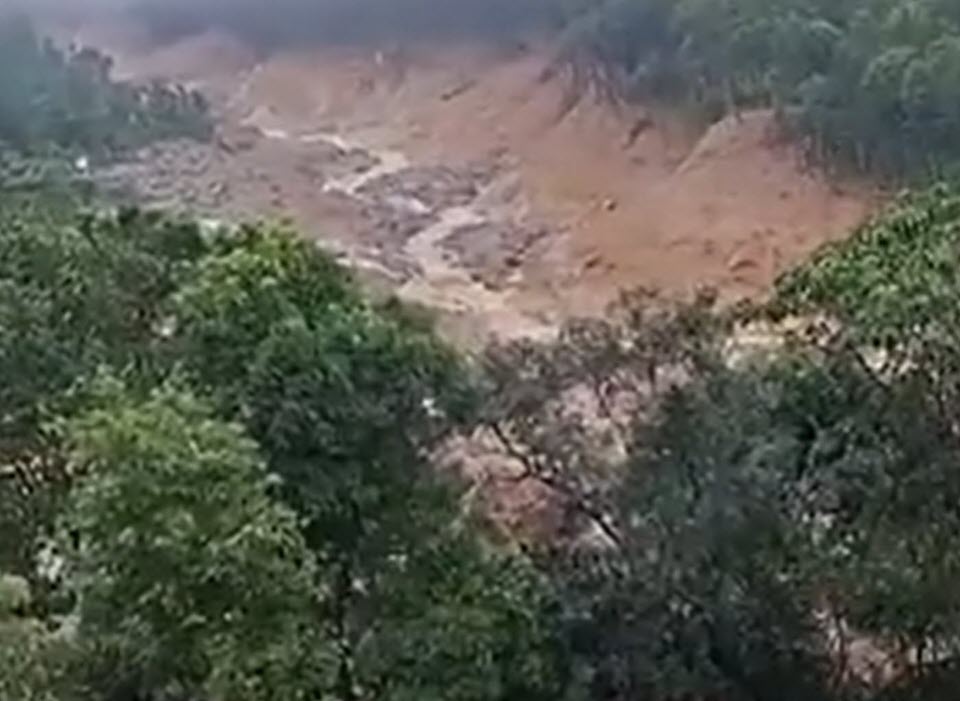
Landslides In Wayanad Cause High Death Toll
This year’s monsoon has been devastating. In Kerala’s Wayanad district – an important tea region – several landslides on July 30 led to the loss of lives. At last check, 108 people were reported dead, with many still missing. Heavy rains continue even as rescue work has commenced. The landslides struck when people were asleep. This is the worst natural disaster in the state after the 2018 floods. Wayanad, located in the Western Ghats, is vulnerable to landslides. People here are mainly plantation workers – working in tea and cardamom estates. Rescue operations have been affected by the continued rain, and air relief has not been possible. The BBC reported that nearly 350 families have been affected.
We have been following up on the Wayanad rescue. As of Thursday evening, the death toll stood at 295. The worst affected are the Mundakkai and Chooralmala villages. Before-and-after photos of these villages are online. The BBC reported that 1,600 people had been affected from the tea estates and villages in the area. 82 relief camps have been set up, and 8,000 people have been moved there. Relief operations continue, and the army has been called in to help.
Kangra Reports A Poor Season So Far
Kangra in Himachal Pradesh, in north India, has reported a poor season so far. Once renowned for its green tea, the region has fought to rebuild its tea industry. This year, climate change has been a challenge with dry weather and no rain. Production dropped by about 20%. Without warehouse access, tea must be transported to Kolkata, where it is sold via auctions. Kolkata auctions have seen poor demand from the export market. These have seen low prices – about a 50% drop from last year – for Kangra’s teas. The farmers are asking for greater state government support, regional warehousing facilities, and more avenues to sell the tea in the state, including at the famous Golden Temple at Amritsar. Tribune India
Tea Board Issues Closing Dates for 2024
The Tea Board has announced the last dates for plucking for gardens in north India, including Darjeeling, Dooars, Terai, Sikkim, Assam, Himachal Pradesh, Uttarakhand, and Bihar, on 30 November. The last date for processing green leaf is set at 2 December.
Powered by RedCircle

